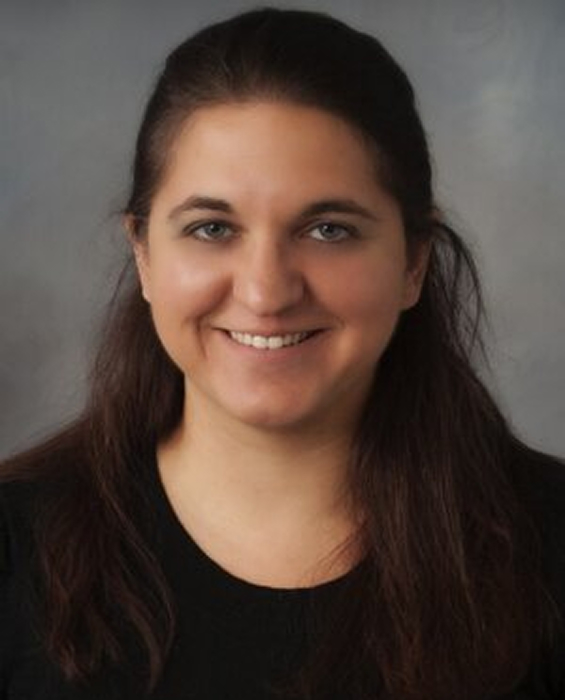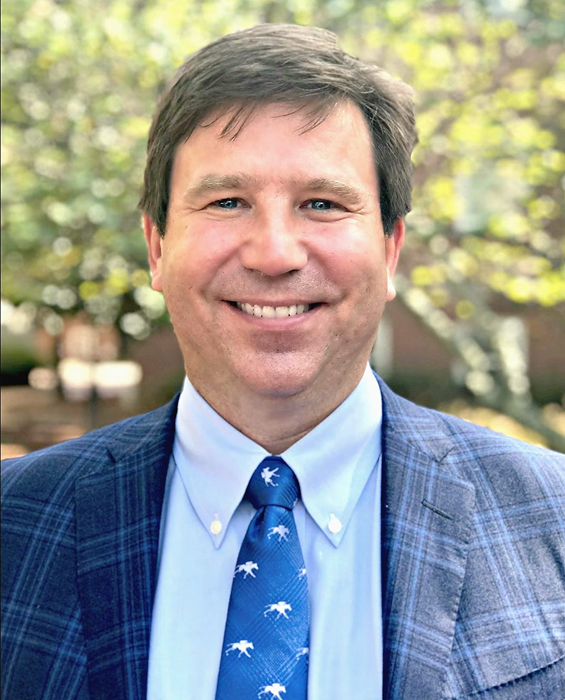2025 IU Center on American Politics Conference
Date: October 31, 2025
Location: Oak Room, Indiana Memorial Union // Bloomington, IN
The Indiana University Center on American Politics is pleased to announce its first ever conference, to be held on the Bloomington campus on October 31, 2025. The conference brings together speakers whose research focuses on a broad range of phenomena in American politics: political behavior, political psychology, race and politics, the presidency, and campaign finance. This inaugural conference is a tribute to our dear friend and colleague, Ted Carmines, who passed away on July 7, 2025. Ted was known worldwide as one of the top scholars on race in American politics, as well as political behavior more broadly. He was the recipient of IU's Bicentennial Medal in 2020, as well as the College of Arts and Sciences 2019 Distinguished Faculty Award. He was an IU Distinguished Professor, the Warner O. Chapman Professor, a Rudy Professor, and the founder of the Center on American Politics.
Speakers

Julia Azari is Professor in the Department of Political Science at Marquette University. Her research interests include the American presidency, American political parties, political communication, and American political development. Her research has been supported by the Harry Middleton Fellowship in Presidential Studies, the Gerald Ford Presidential Library Foundation Travel Grant, the Harry Truman Library Institute Scholars Award, the John F. Kennedy Library Foundation, the William and Flora Hewlett Foundation, and the Library of Congress.

Marc Hetherington is Raymond Dawson Distinguished Bicentennial Professor of Political Science at the University of North Carolina-Chapel Hill. He is the author of Why Trust Matters: Declining Political Trust and the Demise of American Liberalism; Authoritarianism and Polarization in America; Why Washington Won't Work: Polarization, Political Trust, and the Governing Crisis; Prius or Pickup?: How the Answers to Four Simple Questions Explain America's Great Divide; and Parties, Politics, and Public Policy in America. His work has won numerous accolades for its impact in the areas of political behavior and political psychology.

Rachel Lienesch is Assistant Professor in the Department of Political Science at Indiana University. Her research interests include American politics, political behavior, political psychology, identity politics, and race and ethnicity. Broadly, her work examines how social identities, such as race and partisanship, and identity conflict shape political and social outcomes. Her work is published in the American Political Science Review. She was previously a postdoctoral fellow at the Center for the Study of Democratic Institutions at Vanderbilt University.

Josh McCrain is Assistant Professor of Political Science at the University of Utah. His research focuses on public policy and political institutions, lobbying, Congress, media and politics, health policy, policing and criminal justice policy, political methodology, and computational social science. He is the director of the Policing Accountability and Police Evaluation Research Lab at the University of Utah, which is funded by the National Institute of Justice.

Rachel Porter is the Notre Dame du Lac Assistant Professor of Political Science at the University of Notre Dame and a Computational Social Science Faculty Fellow with the Lucy Family Institute for Data and Society. She is also the co-director of the Representation and Politics in Legislatures Lab within the Rooney Center for American Democracy. Her research centers on American political institutions, with a particular focus on legislative politics, elections, and campaign finance.

Mike Wagner is the William T. Evjue Distinguished Chair for the Wisconsin Idea, the Director of the Center for Communication and Civic Renewal, and the Director of Graduate Studies in the School of Journalism and Mass Communication at the University of Wisconsin-Madison. He holds affiliations with the Department of Political Science and the La Follette School of Public Affairs. He directs the Physiology and Communication Effects Lab, is a Senior Fellow with the Mass Communication Research Center, a faculty affiliate at the Center for Communication and Democracy, and a faculty affiliate at the Elections Research Center at UW-Madison.

Steven W. Webster is Associate Professor of Political Science at Indiana University. He holds the Warner O. Chapman Professorship and serves as the Director of the Center on American Politics. His research focuses on the nature of political behavior and public opinion within the United States. He studies the forces driving mass polarization; how voters form perceptions of political actors, such as candidates, parties, and related political entities; and how signals from party elites shape voters' beliefs and attitudes. He is the author of American Rage: How Anger Shapes Our Politics.

Sean Westwood is Associate Professor in the Department of Government at Dartmouth College and director of the Polarization Research Lab (PRL). His primary area of research is political behavior and public opinion. His work focuses on understanding where partisan biases originate, where they manifest (inside and outside political domains), and their bounds. He is particularly interested at examining how partisanship and information from political elites affect the behavior of citizens. He has expertise in both survey methods and computational social science.
